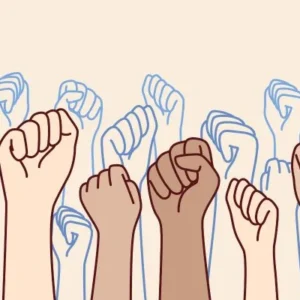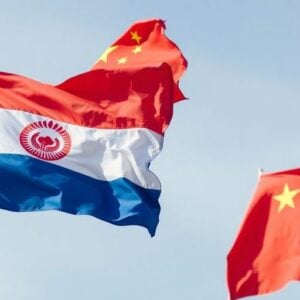Human Rights Watch has issued a warning that Ethiopia’s proposed amendments to its civil society law pose a severe threat to civic freedom and democratic accountability. Marketed as regulatory reform, the draft legislation would consolidate authoritarian control while eliminating independent civic voices, obstructing public scrutiny, and suppressing electoral accountability ahead of the 2026 national elections. Rather than improving governance or public oversight, the amendments are designed to dismantle the fragile civic space that allows citizens, journalists, and rights defenders to operate with limited autonomy.
The draft law grants the federal government expansive powers to restrict or dissolve organizations deemed inconvenient, bans foreign funding for groups engaged in governance or electoral work, and permits suspension or closure of organizations on vague “national security” grounds. Judicial recourse would be eliminated, with appeals restricted to the same government body that imposed sanctions. The Civil Society Authority would be dominated by government appointees, reducing civil society representation and excluding previously included rights-based organizations. The law also introduces burdensome reporting requirements and vague definitions of “political advocacy,” giving the state latitude to criminalize dissent and civic mobilization.
If enacted, the law would reverse gains made under the 2019 civil society framework, which allowed for limited independent human rights activity and civic engagement. Unlike its predecessor, the new proposal mirrors the restrictive 2009 law but with tighter state control, fewer procedural protections, and broader discretionary powers. Its timing is strategic, targeting the period ahead of national elections to prevent independent voter education, election observation, and civic participation for organizations with foreign support, effectively insulating the state from scrutiny.
Ethiopia’s institutional environment is ill-equipped to challenge the law. The ruling Prosperity Party controls parliament entirely, the judiciary lacks independence, and media organizations face harassment and censorship. Between January and June 2024, authorities shut down 1,504 organizations for reporting failures, suspended the Ethiopian Human Rights Council, and drove at least 54 journalists into exile since 2020. Silencing civil society removes key actors who mediate conflicts in regions like Amhara, Oromia, and Tigray, undermining peacebuilding and societal stability.
Parliamentary resistance is unlikely, making external pressure essential. International actors, including bilateral partners, multilateral donors, and the African Commission on Human and Peoples’ Rights, must demand the withdrawal of the draft and condition support on civic space protections. Supporting diaspora-led initiatives and alternative civic infrastructures is critical to maintaining accountability and connections while domestic spaces are closed.
Ethiopia’s draft law is not merely a domestic issue. If passed, it sets a dangerous precedent for African democracies, signaling that civil society can be legally eliminated while maintaining the appearance of democracy. Coordinated international pressure and timely advocacy are vital to prevent the institutionalization of repression and preserve civic space on the continent.






